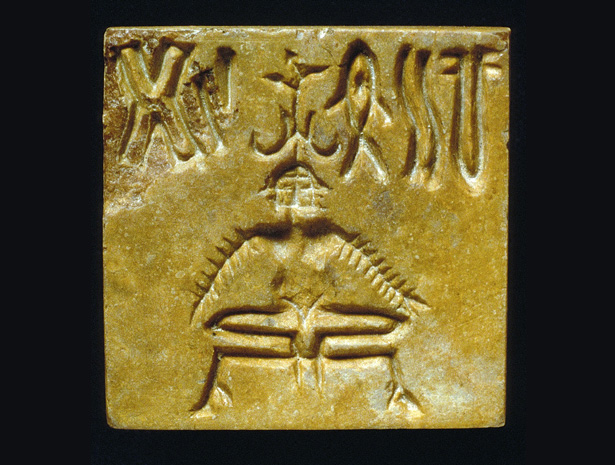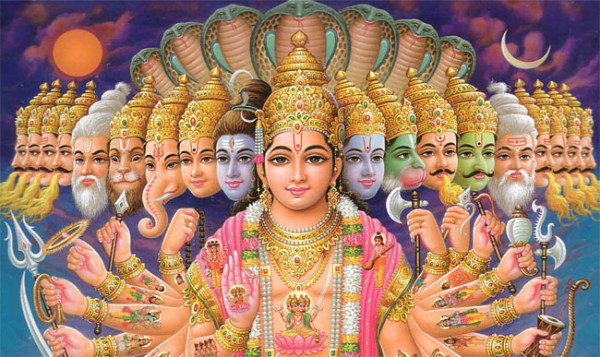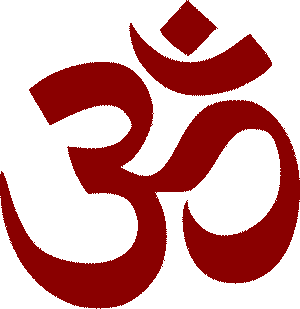Hinduism Religion Of Humanity and Peace
Hinduism History Date and Founder:
Hinduism is an ancient religion. Every religion has its founders and origin. The dates are also available from their ancient scriptures and scholars’ writings. But Hinduism is a religion of people. Hinduism is a way of life. There is no evidence to know about the Hindu religion. It is also difficult to trace the origin of the Hindu religion date from chronological or archaeological.
But we have only available some scriptures about the origin of Hinduism; they are the religious scriptures of Hinduism, Jainism, and Buddhism.
In western countries, the Greeks and the Egyptians, the scholars, kings and historians stored the scriptures of their religions, historical events, and everything related to their societies so that it became straightforward to know the other religious facts of origin and dates. But the Indian kings and Scholars concentrated very little on what the western people did. Another mistake in Indian religious history is that religious scholars revised some texts and scriptures without their names. These are all some causes to estimate perfect dates about the Origin of Hinduism and the founders of the Hindu religion. Some scholars say that Hinduism is only the way of life; it has been moulding itself according to societal beliefs and changes.
Hindu Religion:
The archaeological evidence of Hinduism was founded in the excavations at Harappa and Mohanjo-Daro. The archaeologists gathered some seals of bull and a seated Yogi, the mother goddess and the Phallus symbols. These symbols resemble the present Hindus following God symbols.

It isn’t easy to conclude that Hinduism was only born in Indus Valley Civilization. Hinduism is much older than the Indus Valley Civilization. According to many Historians of the old European school, the Vedic people, Aryans, migrated to the Indian subcontinent from outside during the decline of the Indus Valley civilization. Some historians say, probably the Aryans came to India from central Asia and Iran and settled in present-day Afghanistan and Punjab. To strengthen this theory, there is some evidence in religious traditions between Persians and Indians.
Hinduism Beliefs:
About 80 per cent of the Indian population and 30 million more Hindus live outside of India; a total of 900 million Hindus live worldwide. So Hinduism became the third largest religion in the world after Christianity and Islam.
The word Hinduism has no real meaning because there was no founder to call the religion Hinduism. Probably the name ‘Hindu’ is given by the people of Greeks and Arabs. Aryans lived on the bank of the River Sindhu. Those who followed this way of life were called Hinduism.
Hindu Spirituality:
There are so many Gods and Goddesses in the Hindu religion. But they believe in one God named ‘Brahman’. Therefore Hindus worship more than one God. Hindus worship God in many forms; they are idols, rivers, mountains, trees and animals that are helpful to humans, which are beneficial to the humans who the Hindus worship. The cow is the most sacred animal for Hindus.
Hindu Religion Concept:
According to Hindu beliefs, the human body is perishable, but the Soul is eternal. The human body melts into the Earth or turns ash into flames, but the Soul is not like that. After the death of any living thing, the Soul leaves the body and enters into a new body. This is like a live person changing his clothes. So death is just a transformation of the Soul from one body to another—this a continuous cycle of birth after birth, so the Soul suffers endlessly. So Hindu’s ultimate goal is to attain salvation(Moksha). Here Moksha means freedom from birth to rebirth. If a person attained salvation, his Soul united with the supreme spirit ‘Brahman’ or God.

Temple and Deities:
The place of worship of Hindus is called Temple. Lord Brahma, the creator; Lord Vishnu, the protector and Lord Shiva, the destroyer. These Gods are the main three deities in Hinduism. Besides them, Goddess Saraswati for education, Lakshmi for wealth, and Parvathi for power. And there are so many Gods and Goddesses, including Lord Ganesha, Lord Krishna, Lord Hanuman, and Lord Rama. According to Hindu beliefs, the incarnations of Vishnu Gods are also popular and worshipped as Lord Vishnu.
Yugas:
There are four Yugas in Hinduism. They are Satya-yuga, Treta-Yuga, Dvapara-Yuga and Kali-Yuga. The present Yuga is Kali-Yuga. Hindus believe that one cycle of Yuga has been completed another Yuga follows it. After four yugas are finished, life,e on Earth ends, and a new Era starts.
Sects in the Hindu religion:
There are three different sects of Hinduism: Shaivism, Vaishnavism, and Shaktism. Hindus follow all the sects and collectively worship all Gods as equals.
Stages of life in Hinduism:
According to Hinduism four stages in one life cycle. They are Brahmcharyashram-early and student life. Grihastahshram-Living with wife and children. Vanprasthashram-leaving the home and pray God, continuing contact with the family. Sanyasashram-discard everything in life, including wife, children, and wealth.
Symbols:

The sacred symbols in Hinduism are Aum, Swastika, Kalash, Trishul, Tilak and Lingam. Saffron is the colour of Hindus. The Saffron flag is the official flag of Hindus.
Sacred Books:
Four Vedas, Upanishads, eighteen Puranas, Ramayana, Mahabharata and Bhagavad Geeta.
Caste System:
Initially, there were no castes in Hinduism. There are only Varnas. They are Brahmin – Priests. Kshatriya – warriors. Vaishya – Businessmen. Shudra – Labour
Dashavatar:
1.Matsyavatar 2. Kurmavatar 3. Varahavatar 4. Narasimhavatar 5. Vamanavatar 6. Parshuramavatar 7. Ramavatar 8. Krishna 9. Buddha 10. Kalki.
Basic concept f Hindu religion:
According to Hinduism human body is perishable, but the Soul is eternal. The human body melts into the Earth or turns ash into flames, but the Soul is not like that. After the death of any living thing, the Soul leaves and enters a new body. This is like a live person changing his clothes. So death is just a transformation of the Soul from one body to another—this a continuous cycle of birth after birth, so the Soul suffers endlessly. So Hindu’s ultimate goal is to attain salvation(Moksha). Here Moksha means freedom from birth to rebirth. If a person attained salvation, his Soul united with the supreme spirit ‘Brahman’ or God.
4 thoughts on “Hinduism Religion Of Humanity and Peace”